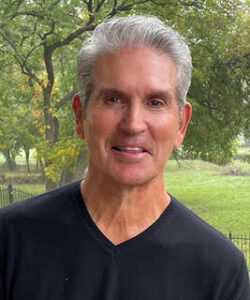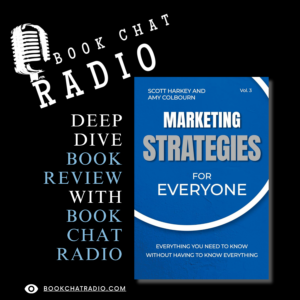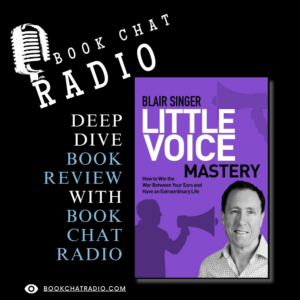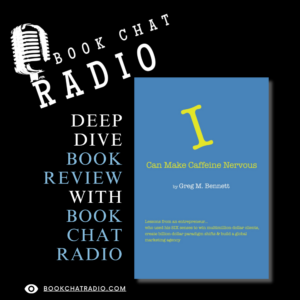Are you looking to promote your business or share your expertise on the radio? Landing a radio interview can be a great way to increase visibility and credibility. However, the process of securing an interview can be intimidating. This blog will walk you through the steps of getting a radio interview.
Check out your sound quality
Sound quality is crucial for radio interviews. To make an impact, you must ensure your voice is clear and without background noise. Radio interviews are often done over the phone, so use a landline.
It can provide a better connection. Before reaching out to radio producers, ask about their specific sound quality guidelines to ensure everything is clear.
Find your audience
When considering whether to pursue radio interviews to promote your business or expertise, it’s essential to consider your target audience. Who are you trying to reach, and where do they consume media? Radio can be a great option if your topic or issue has broad interest and targets a local audience.
However, there may be circumstances where other forms of media would be more effective. For example, if you wrote a book on a specific industry, it may be better to target industry-specific magazines or podcasts that reach your target audience.
Craft a winning pitch
A winning pitch should include something actionable for the listening audience. Also, it’s important to note that your pitch shouldn’t be about your book but about you, your ideas, and what you have to offer. Radio producers are looking for editorial content, not advertorial content.
You should also stress the timeliness of your pitch and align it with the current needs of the show. Additionally, avoid sending audio clips with your initial pitch; let the producer reach out for more information if they’re interested.
Draft a press release
When pitching to radio shows, drafting a press release is another strategy. A press release is a brief document highlighting the most compelling aspects of your ideas and showcasing why you are worth air time. It should be catchy and exciting, focusing on the news angle, a brief description, notable endorsements, a short author bio, and contact information, including your author’s website, LinkedIn profile, and a link to buy the book.
Additionally, include a call to action, such as requesting an entire segment on the show, a brief mention, or a sound bite. Tailor the press release specifically to radio stations and include it in your initial outreach.
Send your media kit
When you receive interest from a radio station, be ready to send them a media kit. Your media kit should include a book cover, author photos, a pdf of your book, a key ideas document, book information, your author bio, sample social media posts, audio clips from previous media appearances, a video trailer (optional), and a pronunciation file for your name (optional). Only send this with your initial outreach.
Start with local radio
Instead of immediately aiming for an extensive national interview, start targeting local radio stations. Your chances of success are higher, and it will allow you to build up your media kit and gain experience speaking on air.
Look into local stations, hosts, and shows that align with your topic and focus on them. Building a relationship with a local station can also increase your chances of being featured on a national NPR show.
Getting a radio interview is a great way to promote your book and reach a wider audience. The critical steps to securing a radio interview include the following:
- Crafting a compelling pitch.
- Drafting a press release.
- Putting together a media kit.
- Starting with local radio.
- Ensuring you have good sound quality.
Following these steps and being prepared will increase your chances of getting on the radio. Don’t just pitch to big stations; start with local radio and work your way up.









One Response
I’m the author of “A Man Like You and Me A Supernatural Adventure Story” that is based on a true story. ISBN-10 is 1088125522. Website for information is http://PaulJoelbook.com/ See the Amazon book review by Stacey Chillemi in the website. I’m the physician depicted in the book. Not in the book on 3/25/2019 I was diagnosed with a rare disease, Hashimoto’s Encephalitis. That day 95% of my memory was wiped out and I had a severe peripheral neuropathy. Despite 2 years of chemotherapy, steroids and anti-seizure medications, nothing changed so treatment was stopped. A year later on 4/29/2022 my memory miraculously returned. The MRI of my brain is unchanged.